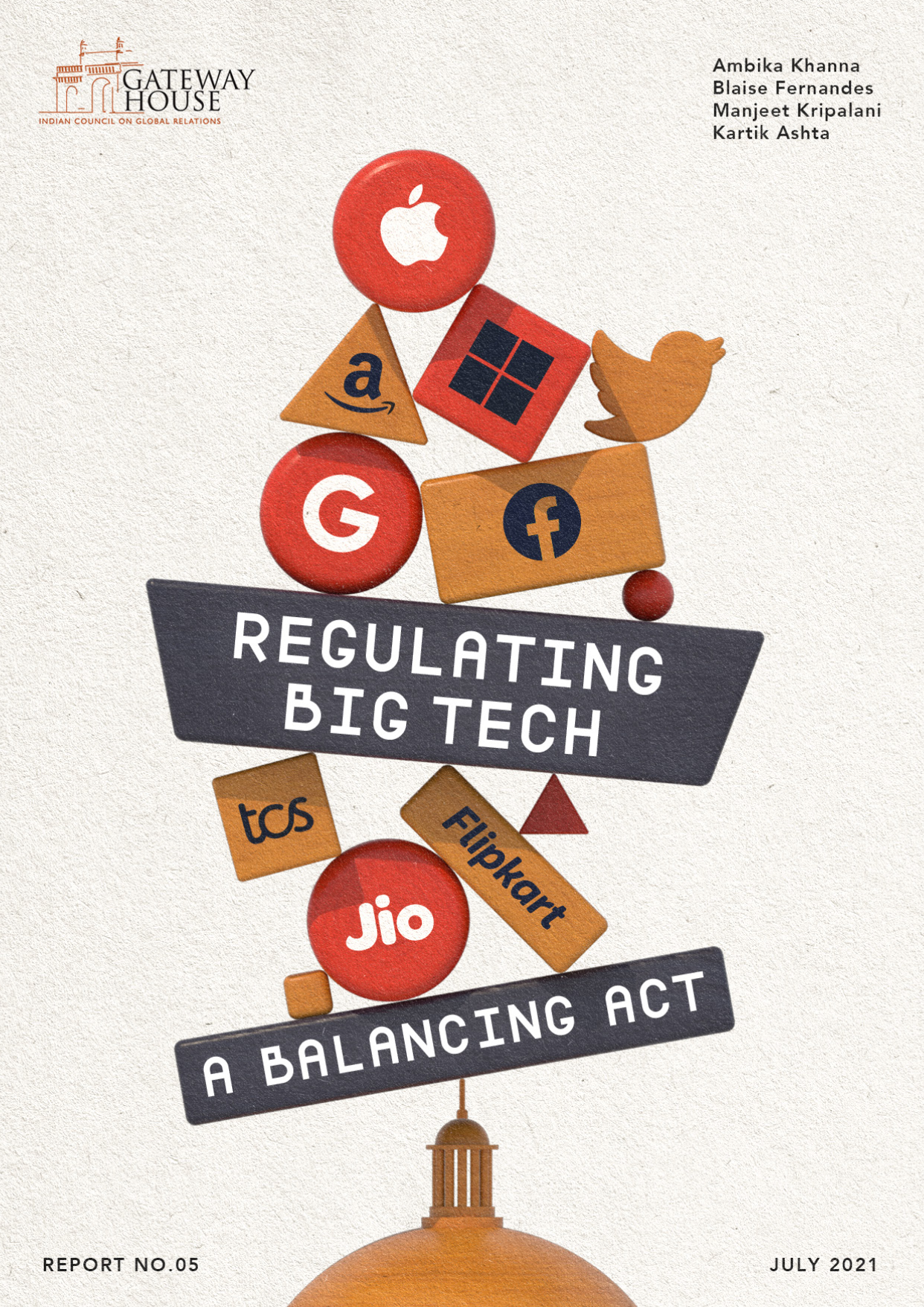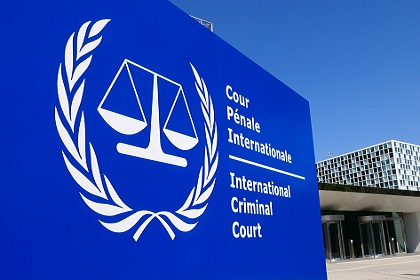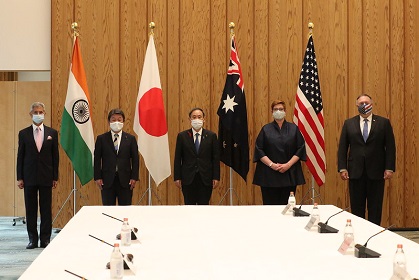 Courtesy: Gateway House
Courtesy: Gateway House
Big Tech is powerful and its profits are growing - by 105% over the last year. It dominates economies. This raises concerns about data protection and privacy, anti-trust, fintech and the specific role of intermediaries. India is leading the way on fintech, but is behind several countries and institutions on digital rules. It is important to establish laws and rules to govern technology – whether domestic or through multilateral bodies – with the aim to strike the right balance between innovation and regulation.
 Courtesy: Shutterstock
Courtesy: Shutterstock
The future is likely to see ‘Big FinTech’ replace ‘Big Tech’. But this time around, India can be part of the story from the ground up. India has been ahead of the fintech game on the technology, regulatory and consumer fronts.
 Courtesy: Shutterstock
Courtesy: Shutterstock
On 3 March 2021, the Office of the Prosecutor at the International Criminal Court (ICC) at the Hague, commenced an official investigation into Israel and Palestinian Armed Groups' alleged war crimes committed in the occupied territories of Palestine since July 2014. Palestine, which referred the case, is a member of the ICC, but Israel is not. Does the ICC have any jurisdiction in these cases? Will US support for Israel play a role? The three instances in the table show precedents in similar matters.
 Courtesy: Shutterstock
Courtesy: Shutterstock
Big Tech wields considerable influence over commerce, speech, media, and politics. Mergers and acquisitions have been key to their burgeoning growth. Now it is clear that their power is buttressed by anti-competitive and predatory practices. Governments across the world are moving to redress this through regulation, but the task is complex.
 Courtesy: Shutterstock
Courtesy: Shutterstock
In India, MeitY proposed amendments to the extant Intermediary Guidelines of 2011 in 2018 to include mandatory use of technology in content moderation and data disclosures to the government. These are still under review as the government seeks to align it with the pending Personal Data Protection Bill.
 Courtesy: Shutterstock
Courtesy: Shutterstock
Drones have become vital to the operations of many industries and government organisations across the world. With huge economic opportunity to be derived from the use, manufacture and sale of drones, the Indian government must refine policy and address regulatory lacunae to help boost both technology adoption and drone manufacture in India.
 Courtesy: Shutterstock
Courtesy: Shutterstock
Social media platforms such as Twitter and Facebook have come under global scrutiny in recent months following their use to incite or misinform the public. For years, governments around the democratic world have not taken the responsibility to adequately regulate these platforms. Now that may be changing – and it won’t be easy.
 Courtesy: Shutterstock
Courtesy: Shutterstock
With India now considering the creation of a policy to promote additive manufacturing, it is necessary to look at whether this new industry has a conducive regulatory environment, both at the domestic and global level. A key element of additive manufacturing is 3D, rapidly becoming a critical element in industrial and national security. Suitable regulation will ensure that countries that are heavily reliant on China for manufacturing, will have a chance to build their own industrial base
 Courtesy: Shutterstock
Courtesy: Shutterstock
Should the Quad be formalized? It has evolved from a crisis response group in 2004 to a strategic partnership today between the four member-countries – India, the U.S., Australia and Japan. There are benefits and challenges to the institutionalisation of the Quad which require timely analysis, especially as the group has renewed vigour this year with the COVID-19 pandemic and China’s aggression in the Indo-Pacific region.
 Courtesy: Gateway House
Courtesy: Gateway House
The 20th meeting of the Council of the Shanghai Cooperation Organization (SCO) Heads of States was held virtually on 10th November, 2020. The meeting precedes the SCO Summit to be hosted by India at the end of this month, and for which preparations have been on through the year. In this compendium of three essays, Gateway House assesses the potential for deepening economic cooperation between India & SCO, asks whether the SCO Charter needs dynamism and revision, and traces the roots of the regions's Buddhist presence, back to India.











